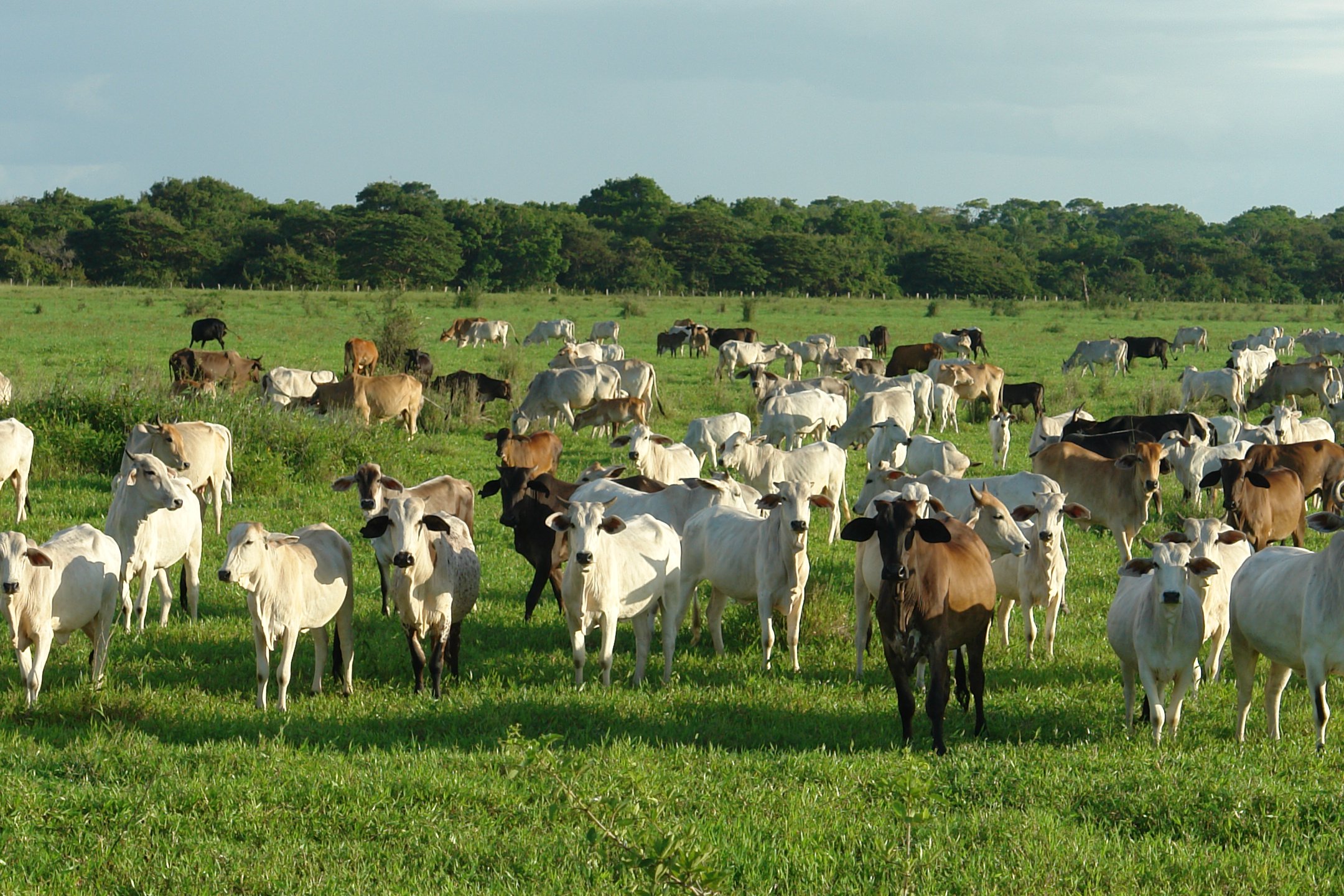1
And Dina the daughter of Lia went out to see the women of that country.
2
And when Sichem the son of Hemor the Hevite, the prince of that land, saw her, he was in love with her: and took her away, and lay with her, ravishing the virgin.
3
And his soul was fast knit unto her, and whereas she was sad, he comforted her with sweet words.
4
And going to Hemor his father, he said: Get me this damsel to wife.
5
But when Jacob had heard this, his sons being absent, and employed in feeding the cattle, he held his peace till they came back.
6
And when Hemor the father of Sichem was come out to speak to Jacob,
7
Behold his sons came from the field: and hearing what had passed, they were exceeding angry, because he had done a foul thing in Israel, and committed an unlawful act, in ravishing Jacob's daughter,
8
And Hemor spoke to them: The soul of my son Sichem has a longing for your daughter: give her him to wife:
9
And let us contract marriages one with another: give us your daughters and take you our daughters,
10
And dwell with us: the land is at your command, till, trade,and possess it.
11
Sichem also said to her father and to her brethren: Let me find favor in your sight: and whatsoever you shall appoint I will give.
12
Raise the dowery,, and ask gifts, and I will gladly give what you shall demand: only give me this damsel to wife.
13
The sons of Jacob answered Sichem and his father deceitfully, being enraged at the deflowering of their sister:
14
We cannot do what you demand, nor give our sister to one that is uncircumcised, which with us is unlawful and abominable.
15
But in this way may we be allied with you, if you will be like us, and all the male sex among you be circumcised:
16
Then will we mutually give and take your daughters, and ours: and we will dwell with you, and will be one people:
17
But if you will not be circumcised, we will take our daughter and depart:
18
Their offer pleased Hemor, and Sichem his son:
19
And the young man made no delay, but forthwith fulfilled what was required, for he loved the damsel exceedingly, and he was the greatest man in all his father's house.
20
And going into the gate of the city they spoke to the people:
21
These men are peaceable and willing to dwell with us: let them trade in the land, and till it, which being large and wide wanteth men to till it: we shall take their daughters for wives, and we will give them ours.
22
One thing there is for which so great a good is deferred: We must circumcise every male among us, following the manner of the nation.
23
And their substance, and cattle, and all that they possess, shall be ours: only in this let us condescend, and by dwelling together, we shall make one people.
24
And they all agreed, and circumcised all the males.
25
And behold the third day, when the pain of the wound was greatest, two of the sons of Jacob, Simeon and Levi, the brothers of Dina, taking their swords, entered boldly into the city, and slew all the men:
26
And they killed also Hemor and Sichem, and took away their sister Dina, out of Sichem's house.
27
And when they were gone out, the other sons of Jacob came upon the slain; and plundered the city in revenge of the rape.
28
And they took their sheep and their herds and their asses, wasting all they had in their houses and in the fields.
29
and their children and wives they took captive,
30
And when they had boldly perpetrated these things, Jacob said to Simeon and Levi: You have troubled me, and made me hateful to the Chanaanites and Pherezites, the inhabitants of this land: we are few: they will gather themselves together and kill me; and both I, and my house, shall be destroyed.
31
They answered: Should they abuse our sister as a strumpet?







